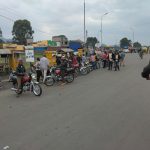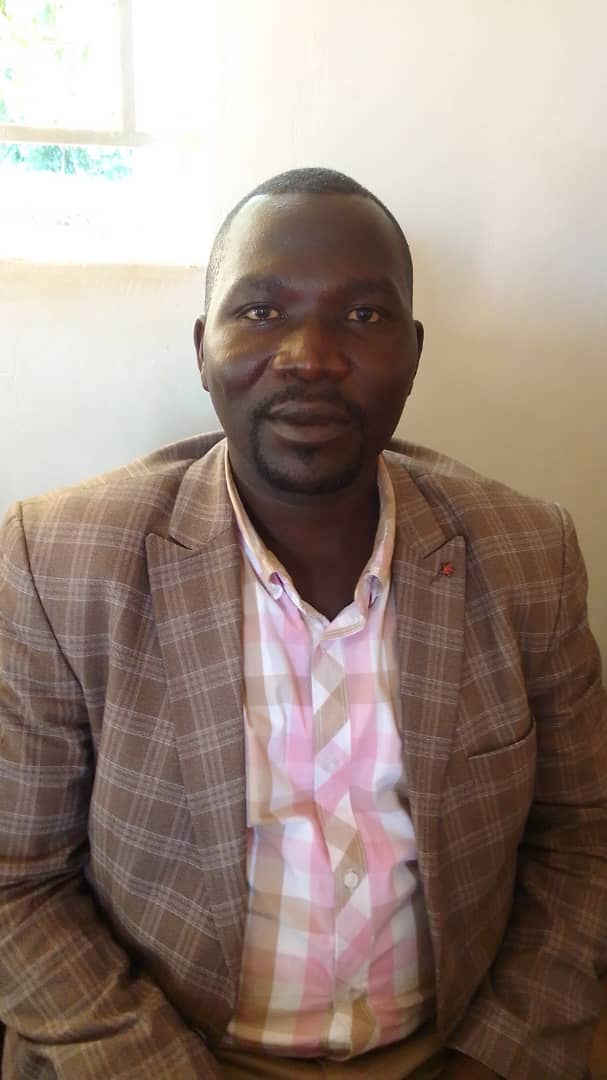Kampala today is not simply a city in decline; it is the living laboratory of neoliberalism’s final stage: a fully commodified, hollowed-out urban landscape where infrastructure collapses while capital flows unimpeded.
What I saw yesterday was not “bad weather” or “poor planning.” It was the material outcome of class rule in a neocolonial state.
I went to Norvik Hospital along Bombo Road for medical attention. There, the price to see a Ugandan doctor—one of our own—was higher than the fee for a visiting specialist of Indian descent. This is not an accident. Under neoliberal globalization, our comprador bourgeoisie imports expertise, outsources credibility, and undercuts local professionals to serve the whims of capital. Healthcare here is not a right; it is a site of value extraction, where illness is monetized and foreign credentials are fetishized.
Then the sky opened. My weather app, accurate enough in Europe or America, failed me completely in Kampala. Why? Because these apps rely on data from national meteorological departments—ours gutted by decades of structural adjustment and state neglect. Floodwaters tore through the city. Sewage burst from drains, gushed from rooftops, turned roads into toxic rivers. This is not “mismanagement”; it is deliberate underinvestment in public infrastructure, because under neoliberalism, the public sphere is treated as a cost center, not a site of collective wealth.
Downtown, the evidence of decay was everywhere: plastic choking drainage channels, garbage heaps at every corner, vendors wading through filth. This is the urban form of primitive accumulation—our labor and environment stripped bare to sustain the wealth of the few. The ruling class, entrenched for decades, does not fear the floods; they are insulated in walled compounds and chauffeured SUVs. For the rest of us, chaos is the rule, not the exception.
Dependency theory explains this perfectly: Uganda’s economy remains structurally tied to the circuits of global capital. Kampala is not developed to serve its citizens; it is developed to serve investors, NGOs, foreign hospitals, and multinationals. Our infrastructure rots because the surplus we produce is siphoned off through debt repayment, profit repatriation, and elite consumption before it can ever be reinvested here.
This is the comprador state in action. Museveni’s regime, like others in the periphery, manages local affairs not for the majority, but for international capital. The floods, the sewage, the uncollected garbage—these are not governance failures; they are the visible architecture of a system designed to keep the working masses in survival mode, too exhausted to mount a challenge.
Kampala is not simply a victim of climate change or urban mismanagement; it is a city weaponized by capitalism against its own inhabitants. Every uncollected bag of trash, every flooded street, every overpriced doctor’s appointment is part of a single equation: the extraction of maximum value from the many for the comfort of the few.
Unless the working class seizes political and economic control—rebuilding infrastructure as a commons, reclaiming healthcare from private profiteers, and breaking dependency on foreign capital—this city will remain a doomsday zone. And when the next storm comes, it will not just be water that drowns Kampala, but the weight of a system that has already decided who gets to live and who must be left to sink.
lilSatoshi13, Rukungiri
Rooted in the soil, resisting all empires and envisioning a sovereign socialist Africa.




















